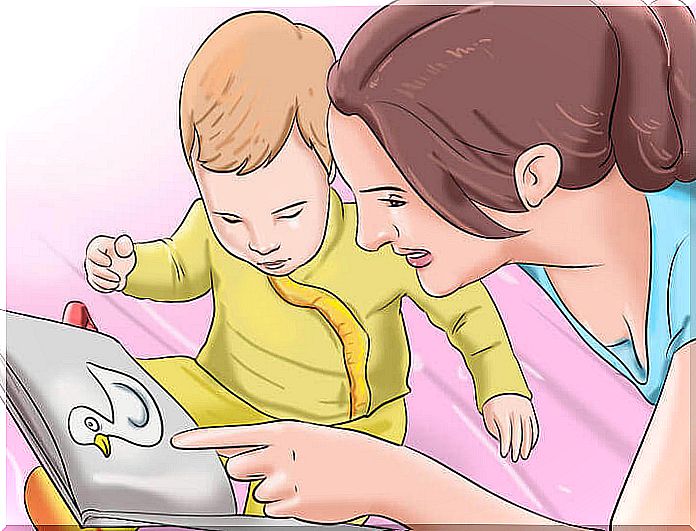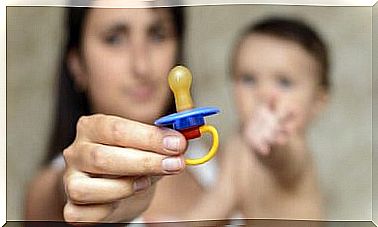How To Promote Your Child’s Autonomy?

There is nothing more important than raising independent and free children. For this reason, parents must encourage their children’s autonomy from an early age. Well, this is neither more nor less the basis of child learning and development. For this reason, it is a priority objective in all breeding.
Now, why is it so important to promote your child’s autonomy? In the first instance, because a small self-employed person is a minor capable of carrying out tasks and activities by himself. In addition, they are creatures that without problems assume responsibilities and have great initiative.
Higher social skills when it comes to establishing relationships of all kinds and fewer chances of going through learning problems are its rewards. Even security and confidence becomes your quintessential cover letter.
The idea is then to begin to promote their autonomy day by day in those everyday situations at home. Thus, this evolutionary task becomes a key to the preschool age of every child. Only in this way can the infant take risks, learn from failure or error, and cherish success.
Keys to promoting autonomy in the child

Here we share a series of tips to promote your child’s autonomy. However, remember that this takes time. So don’t hesitate for a second: set aside a time of day especially for that mission. Be patient, respect their times and of course be consistent with the assigned tasks, which are adjusted to their age.
On the other hand, remember that each child is different and, therefore, has different learning rates. It is essential here to fully understand their capabilities, as well as recognize their effort. Offer the opportunity to try, do not fear the error and celebrate every minimum success. It is simply learning.
Do not think about it anymore, do a great good for your child in the future! He starts from a year and a half to ask for his first gestures of independence, which have to do with his motor skills. From the age of two, teach him to communicate fully, especially in the emotional sphere.
The same happens in the case of food, cleaning and hygiene, basic coexistence behaviors and even when dressing. It is only after the age of five that the range of tasks and activities to be carried out begins to open up.
Promoting autonomy: 6 tips to achieve it

- Let it fend for itself. Let him act alone, regardless of the minimal consequences. No matter how long it takes or how much I was wrong at first, were you born knowing everything? Patience and perseverance are the secret, but always stay close to offer support and help.
- It is about offering options to choose from and teaching how to find solutions. Avoid planning and setting rigid schedules. Choose leisure alternatives and even those related to your personal tastes. It is also good to show you the source that solves your doubts or problems. Enlighten the way to proceed and feed their curiosity.
- Teach him to think. This is essential. It does not matter how long it takes, or how hesitant the child is. Do not give automatic answers, encourage him to think his own answers, to elaborate his theories. His reasoning, imagination and creativity will thank you in his adult life.
- Give him your space (physical and emotional). Do not force the child to do what he does not want. Let him choose the right time and place. If you do not want to communicate the anecdotes of the day, wait for their moment without bothering with questions. Do not dare to invade their privacy either. You can allocate a space in your house for game time, reading, meditation or rest.
- Don’t discourage it, or limit it. Let the child try and experiment freely and without fear of error. They have the invaluable gift of imagining adventures and setting themselves fabulous short-term challenges. Encourage him, dispel concerns, teach him to get up from the fall and reflect on it. If necessary, show alternative paths and set new goals.
- Measure the instructions and demands. It offers tasks that the child is trained to do according to his age, and that he really knows how to do them. For this, it is necessary to give explanations beforehand and offer short, clear and simple instructions. Be his example and guide for him to learn and implement on his own.









